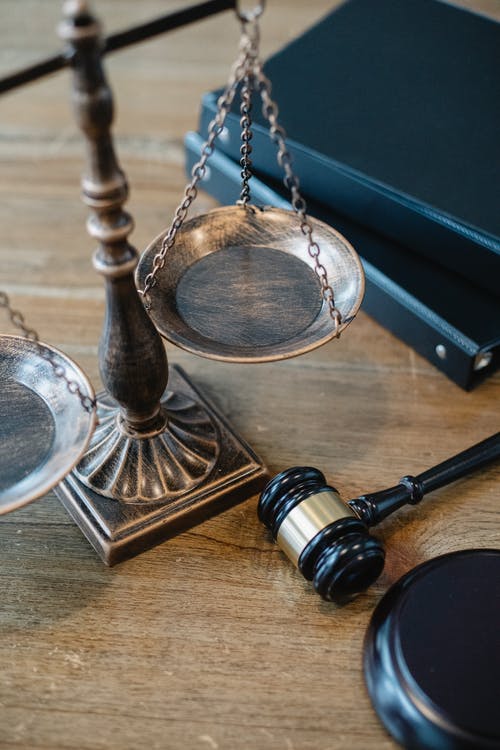All oral historians rely on the narrative for their oral history to exist, and when dealing with the narratives of ordinary people living in conditions of social and political stability, the value of oral history is unquestionable. However, in recent years oral historians are starting to question the reliability of the accounts of extreme human experiences. This shift in academic and practical interests begs the questions: Are there limits to oral historical methods and theory? And if so, what are these limits? Trevor Lummis, in Listening to History, rightly says that oral history testimony can give us a detailed account of wages paid in a factory to a specific level of a worker but may be “silent on the question of profits.” To put it simply, an oral historian should seek to articulate the reality of the wider society. This blog will look at a few limitations drawing from views and dissertations of other oral historians’.
Generalization

Oral historians have to conduct interviews of willing narrators to get their data. Now sometimes this collected data is from a small group of likeminded people who have the same narrative which may cause some bias to the data. Not only does bias become an issue, but the data collected becomes a generalized perception which is not necessarily always the intended result. In oral history, a wide scope of study is necessary to get an accurate in-depth look at what is being studied. A good oral historian will take their time with their study to avoid making a singular narrative the narrative of an entire population.
Reliance on Memory

Highly Superior Autobiographical Memory (HSAM) is a rare condition in which people can remember nearly every day of their lives with precise detail and only 60 known people in the world are known to have it. This means that only a small population of the earth is blessed with this unique ability, to put that into perspective, that’s like one in 100 million are blessed with HSAM. When it comes to oral history and recalling the narrative by memory, there have been debates over the relationship between memory and history and between individual collective memory, this still remains abstract and theoretical.
Sometimes our memory fails us and we can’t remember intricate details of what happened in past events. Obtaining factual data, such as specific dates, places or times can be a limitation because the human memory is selective and sometimes faulty in what is remembered. Two aspects critically necessary for the approach to oral history, involve consistency in the testimony (or reliability) and accuracy in relating factual information (or validity). Consistency within the testimony can be easily checked, and questions about inconsistency pursued. Accuracy (the degree of conformity with other accounts) can be checked by consulting other sources and comparing accounts.
Interpretation of Evidence

Much of oral history data begins with a simple interview properly planned out, for a storied account of the past recounted in the present, which all relies on memory shaped as much by the moment of telling as by the history being told. All sources are historical constructions, embedded with assumptions, intent, and interpretation. Sometimes this data may undergo scrutiny because it has been concluded that scholars use testimonies from interviews to fill gaps in the narrative. Certain aspects of the narrative can often get lost or considered unimportant by the oral historian collecting the data. Hence not telling the entire narrative as it was received.
Scholars or oral historians should seek to interpret the data as close as it was collected. With as few omissions as possible so that the real scope of the narrative benefits not only the researcher but future scholars who will look at the data as a review point or as study material.
Legal and Ethical Issues

Legal issues arise because the researchers are recording people’s words which are considered copyright, libel, and private, I will touch on these in my next blog, Legalities and Ethics surrounding Oral History An amateur oral historian looking to collect data on their recording machine will just turn on the tape recorder and let the tape roll while the professional reads as much as possible about the law, uses a release form which will, in the end, save them hours of worry over legal issues. Any interview surrounding collection of personal data, has some legal issues that must be applied so you must try to understand the law that goes into a smooth, drama free post and pre interview all the while according the narrator respect as well as the data collected.
Now for ethical issues, these are a whole other ballgame as they are considered harder to solve than legal issues. Immanuel Kant’s guide to ethical behavior remains the basic principle of research ethics: people must be treated as ends in themselves, not as means to an end. What Kant meant is that we cannot let our ends override considerations of our narrators’ well-being and that the purity of intention is everything. We have a moral obligation to avoid actions and policies that reduce others’ well-being or that inhibit their freedom to express and develop themselves. Oral History Association, American Historical Association, American Sociological Association, among many others all have statements on ethical conduct in research.
Conclusion

There are a number of limitations facing the oral history scholars. In this blog I just touched on a few that I consider the top four that may have a big impact on the research end results. It is important for the oral historians, to keep these limitations in mind while looking to get the narrative.
That’s it for this post. If you have not checked out our last blog on Top Four Reasons to use the Narrative as a Research Strategy please do and look out for our next blog on Legalities and Ethics surrounding Oral History If you found this blog useful please leave a comment below and keep us in mind for all your oral history transcription needs.
Remember, always be kind try to stay positive and learn to unwind.
